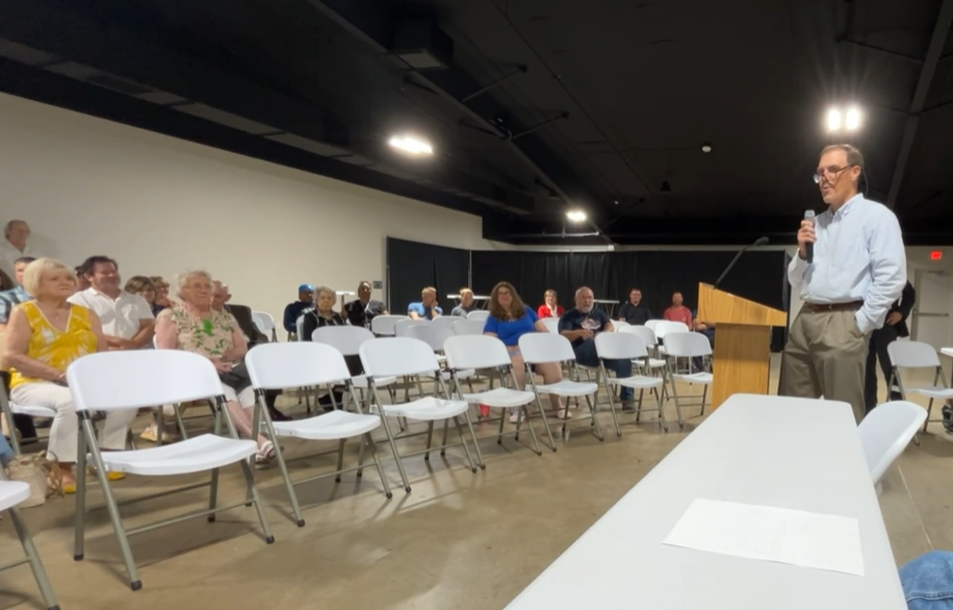JOHN HOOD COLUMN: Our technology made us resilient
Published 11:39 am Friday, December 10, 2021
|
Getting your Trinity Audio player ready...
|
The COVID-19 crisis had enormous and destructive consequences for our health, our economy, our education systems and the quality of our social and family lives. Now, just imagine how much worse the consequences would have been in the absence of modern information and computer technology (ICT).
In response both to the pandemic itself and to the government restrictions that followed, many more businesses would have been forced to cut back, suspend operations or close down permanently. Vastly more workers would have lost their jobs. Basic goods and services would have been far harder to come by.
Rather than receiving critical care, advice and diagnosis through telemedicine, many patients with chronic or life-threatening illnesses, would have been largely cut off from the health care system. Rather than receiving often-substandard distance learning, many students would have received little instructional of any kind. And rather than keeping in touch with friends and family through video chats and emails, many of our fellow North Carolinians would have become even more isolated and depressed than they already were.
Trending
With regard to the economic benefits of ICT, at least, we need not imagine the alternative. Janice Eberly of Northwestern University, Jonathan Haskel of Imperial College London, and Paul Mizen of Nottingham University have coauthored a new study that models the counterfactual scenario of a COVID crisis without modern technology to soften its blows by enabling home-based work. They estimate that the absence of ICT-enabled working from home, our gross domestic product would have fallen about twice as much as it did during the first few months of the pandemic.
Eberly, Haskel and Mizen use the term “potential capital” to describe the residences and other home-related assets that workers and their employers could tap with ICT to sustain business operations. It’s a useful description.
Think about the long stretches of time that your house, or at least parts of your house, remain vacant during a normal day. Think about the various infrastructure networks that lead to and from your house, as well as the furnishings and equipment that fill it. Unless you already worked from home before COVID, you probably made only minor and occasional use of these assets to produce goods or services for sale. During the pandemic, they became essential tools for delivering value and earning income.
There is, of course, nothing new about home-based work. The distinction between “home” and “work” is a modern one. Most of our ancestors either farmed the land around their dwellings (whether they owned it or not), made cloth or other goods in their home or practiced trades out of or next to where they lived.
I don’t believe even future generations of technology will erase all boundaries between workplace and homeplace, or that such an outcome would be a good thing. But I do think that the COVID crisis, as disastrous as it proved to be, will have some net-positive effects on how we choose to structure our economic and social lives. More jobs, though certainly not most jobs, will be filled by workers commuting to an external office or workplace only a day or two a week, if at all. That, in turn, will get far more cars off the roads — alleviating congestion and reducing emissions — than mass-transit boosters could ever hope to achieve.
More broadly, I think this experience will serve to underline the critical importance of resiliency. Business leaders will build more reliable supply chains. Energy companies and policymakers who regulate them will prioritize keeping the lights on over more-politicized considerations. Parents will pay more attention not just to how their current schools are run but also to what alternatives they may have if they become dissatisfied. Prudent educators will respond accordingly.
Trending
Anything of value has a cost. Innovation may reduce it significantly, but the cost will never be zero. Resiliency may sometimes look like redundancy or even timidity. When the crisis arrives, however, it’s a real bargain.
John Hood is a John Locke Foundation board member and author.






